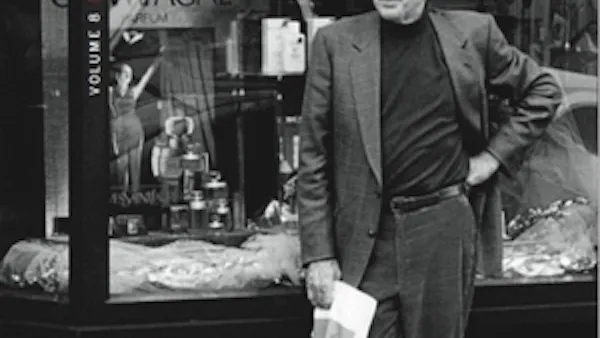Matthew Shipe’s research and teaching interests include post-1945 American fiction, expository writing, American culture studies, Children’s literature, Southern literature, religious history & thought, and film and media studies.
Shipe has published essays on John Updike, Philip Roth, Raymond Carver, Don DeLillo, and Barry Hannah. In 2015, he won the John Updike Review's Emerging Writers Prize for his essay "The Long Goodbye: The Role of Memory in John Updike's Short Fiction." He currently serves as President of the Philip Roth Society and is on the Executive Board of the John Updike Society. He is also on the editorial board of Philip Roth Studies.
Shipe won the Dean's Outstanding Teacher Award in May 2025. The Dean's Outstanding Teaching Award recognizes exceptional achievements in teaching and creative activity by teaching-track scholars.






